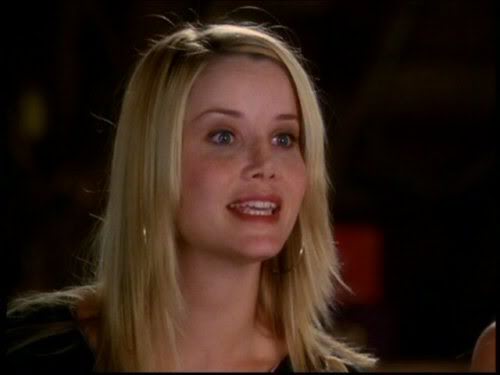

“When we were on our way to rehearsal and somebody was giving an interview to a big TV station, the cameras would start to turn,” Mr Lordi remembers. The rest of the work was done by the catchiness of Hard Rock Hallelujah andthe band’s startling makeup. “On an average day in 2001, on any radio station in Finland, you could hear a Metallica song and the next one would be Madonna.” “Among all the Barbie and Ken doll lookalikes there, we were real we were the least plastic!” says the band’s founder, vocalist and costume designer, Mr Lordi, who adds that Finland’s love of metal propelled his band into the contest. The following year, masked monsters Lordi took the prize. While rock’n’roller Freddy Quinn represented Germany at the inaugural event in 1956 with the high-energy So Geht das Jede Nacht, it wasn’t until 2005 that Wig Wam became the first metal band to play, earning ninth place for Norway. Hard rock took a long time to land at Eurovision. Voyager’s Promise brings similar levels of pomp by casting chugging guitars against dance-rock synths and the band’s gleaming white outfits. Against a red backdrop, the androgynous Harms is regal in his red-and-gold attire.

Watch the music video, though, and the band become frontrunners.

Listen to Blood & Glitter and Lord of the Lost will seem like underdogs: it contains stampeding drum beats, hulking riffs and snarling vocals. “Eurovision is the perfect stage for us,” says lead singer Chris Harms.

Lord of the Lost are industrial glam-metal, entering with the song Blood & Glitter. The emphasis I place on melody in Voyager definitely stems from that.” It was all about that beautiful, catchy hook. “The central element of Eurovision, certainly in the 70s and 80s, was melody. “Millions of people watch it in Germany, and it had a significant impact on the way I write music,” he says. Danny Estrin, frontman of synth-metal band Voyager, grew up in the small German town of Buchholz in der Nordheide and, although his family left for Perth when he was 11, his band have brought him back to Europe with their song Promise.Īs a child, Estrin was obsessed with Eurovision he owned a vinyl compilation of all the winning songs. This year, there are not one but two hard-rocking entries: Australia’s Voyager and Germany’s Lord of the Lost. Other memorable performances include those by Icelandic electro-goth BDSM troupe Hatari in 2019, bare-chested Finns Teräsbetoni in 2008, and Eldrine, an Evanescence-esque Georgian band in 2011. And so nearly every Eurovision throws up a ferocious metal curveball, the most famous being the orc-cosplaying Lordi who won for Finland in 2006 with Hard Rock Hallelujah. The genre has employed larger-than-life drama ever since Iron Maiden started taking a 10ft-tall zombie on tour even the most satanic black metal heretics often take to the stage in facepaint. Yet since the turn of the century, Eurovision’s love for singalong anthems and OTT theatre has unintentionally made it perfect for a genre that positions itself as pop’s polar opposite: heavy metal. The contest is notorious for thrusting the cheesiest, most bombastic pop it can find into 180 million people’s living rooms every May, and most of the artists playing 2023’s edition in Liverpool on 13 May will cleave to one of two formulas: Europop bangers, or earnest ballads delivered with beseeching, outstretched arms. M ention Eurovision and most people will instantly think of Abba’s Waterloo, or the sight of Céline Dion singing Ne Partez Pas Sans Moi in her widest-shouldered blazer.


 0 kommentar(er)
0 kommentar(er)
